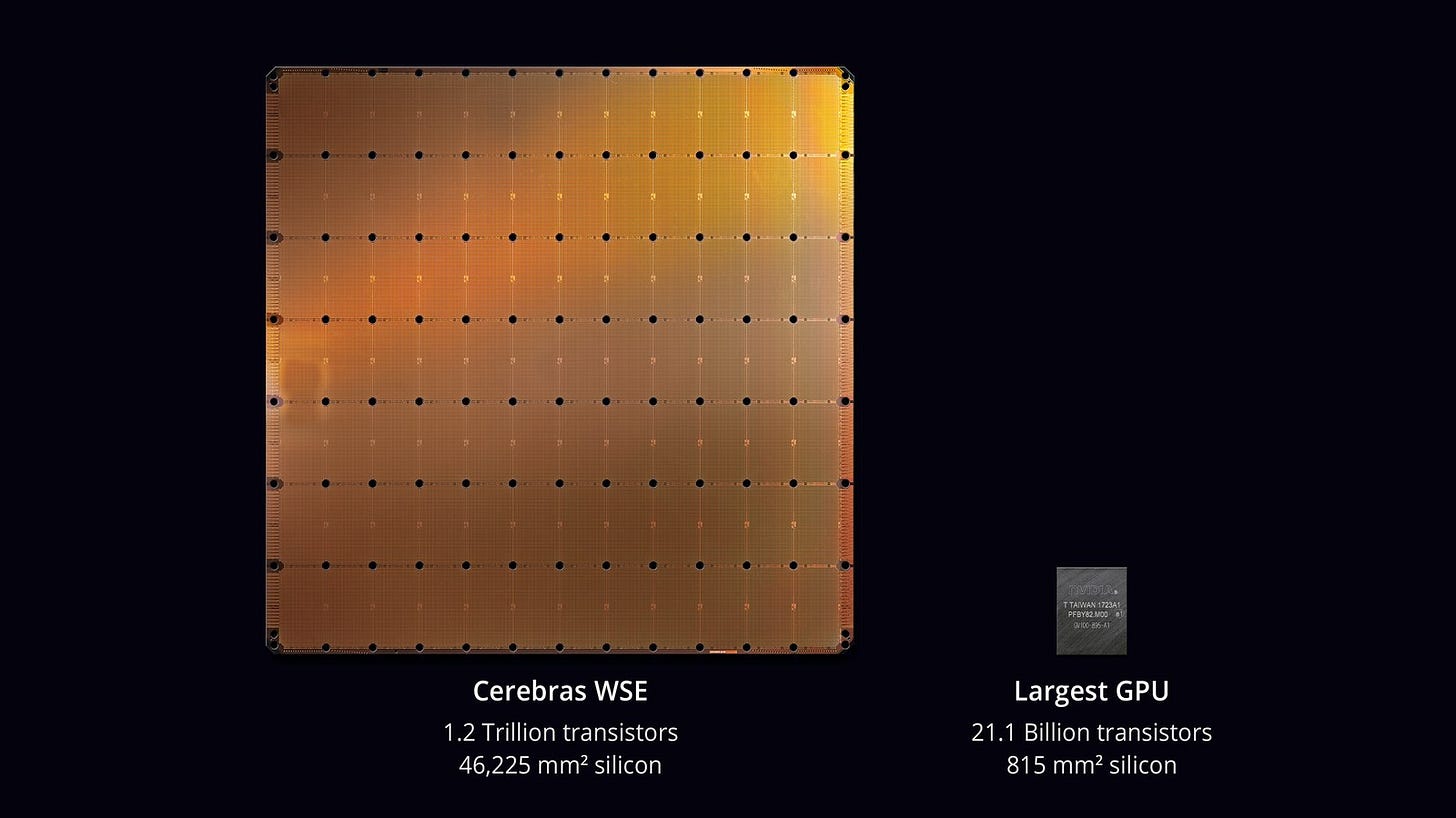Thomas's Innovation Wrap #3
⚛️ Quantum Radars, 💻 AI Chips, and ▶️ the Streaming Wars
Morning,
Here’s what caught my attention in tech/innovation/finance last week.
👓 Virtual Reality
When the Oculus Quest VR headset launched in May it differentiated itself by being completely wireless and by getting rid of the need to have external stationary sensors to track your physical position. Instead it uses sensors on the headset to see the world and uses that information to track your physical position which makes VR much faster to set up and use - an important improvement if it’s ever going to become mainstream. Facebook AI engineers wrote a post explaining how their technology works.
⚛️ Quantum Bits (and Trits)
Scientists have created the world’s first quantum radar using entangled microwave photons. The radar’s low power and low levels of electromagnetic radiation mean that it could potentially be used for non-invasive medical scanning (e.g. imagine of human issues) and security applications (e.g. stealthy radar systems).
The Washington Post writes that Chinese scientists are at the forefront of the quantum revolution.
Scientists have successfully teleported three-dimensional quantum states known as qutrits for the first time. This should lead to more secure quantum cryptography than using qubits (two-dimensions) which have previously been teleported, and eventually a quantum internet for ultra-secure communications.
💻 Chips and Computing
A startup called Cerebras has launched a giant chip for AI training that it claims can do the work of hundreds of GPUs while consuming less energy. Currently a “handful” of customers are trying the chip according to Cerebras founder and CEO Andrew Feldman. More details can be found here.

Huawei also announced a specialised AI chip earlier in the week.
▶️ Streaming
The Streaming Wars are almost here with Disney+ and Apple TV+ both set to launch in November.
Disney+ is shaping up to be a strong contender. The annual D23 fan-fest revealed more details about their service including (1) four simultaneous streams running at 4K included at their $6.99 price point, equivalent to Netflix’s $16 plan, (2) 500 movies and 7500 episodes at launch, and (3) new content announcements such as Ewan McGregor returning as Obi Wan Kenobi in a new series and the first trailer for a The Mandalorian (which looks great!).
The FT reports that Apple’s increased its budget for original content from $1 billion to $6 billion, with the company reportedly spending hundreds of millions on a star-studded series called The Morning Show (starring Jennifer Aniston, Reese Witherspoon, and Steve Carrell). Apple ended the June quarter with $102 billion in net cash.
💊 Health
A rare genetic disorder causes some people to not feel pain. Combine this with CRISPR and you may have a new pain treatment (currently working in mice).
The research, in which CRISPR was used to temporarily block a key molecule in pain-transmitting neurons in the spinal cord of mice, was described in a preprint paper published in July. The company didn’t want to comment before the report is formally published, but the idea is to inject the cerebral spinal fluid with viral particles carrying a modified version of CRISPR designed to interrupt pain signals.
🌞 Renewables
Wood Mackenzie recently released its China Provincial Renewables Competitiveness Report 2019. They estimate that solar and wind power will be cost competitive with coal-fired power in China by 2026.

The US Department of Energy recently released a report saying that wind power prices were now lower than the cost of natural gas. The cost declines have been driven by improved technology, larger wind turbines, and better grid management.
⚡ Other Snippets
Our willingness to share content without thinking is being exploited to spread disinformation.
Facebook is bringing back human editors to curate the news.
Australian startup Humm launched a wearable that stimulates your brain to improve working memory and learning rate.
In their own successful randomized trial recently conducted at UC Berkeley’s Skydeck accelerator, Humm replicated the benefits that were first measured decades ago in peer-reviewed research at the world’s top research institutions. They measured the effects of the device on working memory in comparison to a placebo in 40 subjects. The results showed a 20% improvement in the volume of information that a person could hold in their working memory for several hours by the tuning of the activity in the prefrontal cortex.
This represented an acceleration of the speed at which a user could learn the task involved by 120 times compared to the placebo.
Bloomberg posted a video that looked at AMSilk, a synthetic biology startup that’s creating synthetic spider silk.
Quartz published several articles on autonomous vehicles covering the current state of play, the history of promises and predictions, what autonomous vehicles could mean for transportation infrastructure, and the differences in US and China government regulation.
Cheers
Thomas
About Thomas Rice
Thomas Rice is the portfolio manager for the Perpetual Global Innovation Share Fund, based in Sydney, Australia. You can find him on Twitter at @thomasrice_au.


